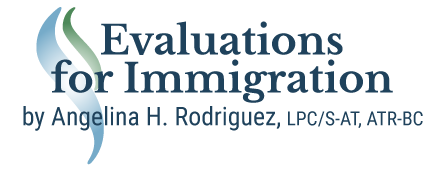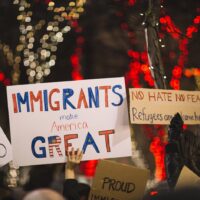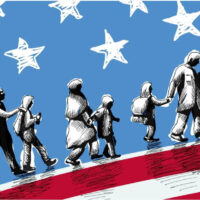What are some problems and stressors that migrants face before, during and after the migration process?
During the migration process, migrants and refugees often encounter a variety of issues and stressors, including:
- Before migration: poverty, violence, armed conflict, and/or persecution; lack of livelihoods and opportunities for education.
- During migration and transit: migrants are exposed to challenging and life-threatening conditions, such as violence and detention, and lack of access to basic needs services.
- Post-migration: barriers to accessing health care and other services, poor living conditions, separation from family and support networks, uncertainty regarding work permits and legal status (asylum applications), and in some cases detention.
- After migration: the challenges of integration and settlement include poor living or working conditions, unemployment, assimilation difficulties, challenges to cultural, religious, and gender identities, challenges with obtaining entitlements, racism, exclusion, tension between host populations and migrants and refugees, social isolation, and deportation.
Risks for mental health conditions
Mental health conditions can be developed as a result of any of the above-mentioned stressors. Migrants and refugees are at risk for mental health conditions such as depression because of unemployment, poor socioeconomic conditions, and lack of social integration. Furthermore, these stressors can exacerbate pre-existing mental and social health conditions.
Socioeconomic deprivation, discrimination, racism, low family cohesion, and frequent school changes are factors that negatively impact the mental health and well-being of migrant and refugee children. Separated children are more likely to develop depression, anxiety, suicidal ideation, conduct disorders, and substance abuse disorders.
On the other hand, the impact of stressors can be buffered by protective factors such as access to employment and services, social support, proficiency in the language of the host country, and family reunification.








